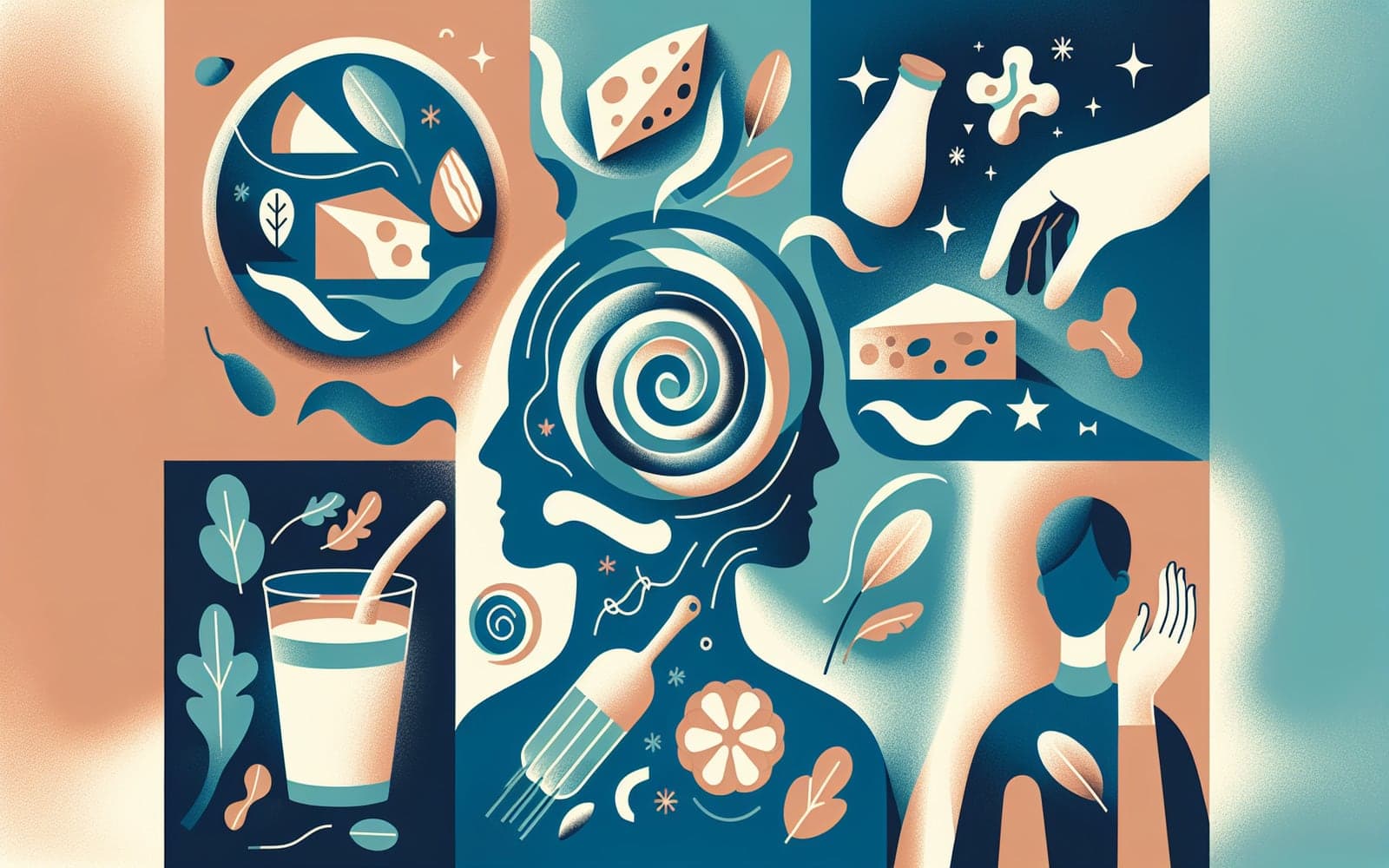Contents
-
Understanding BPPV
-
Calcium's Role in BPPV
-
Dietary Considerations
Can a Calcium-Rich Diet Influence Vertigo?
Can a Calcium-Rich Diet Influence Vertigo?
The Big Picture
Did you know that what you eat might impact your balance? Explore the potential connection between calcium and vertigo.
Contents
-
Understanding BPPV
-
Calcium's Role in BPPV
-
Dietary Considerations
Understanding BPPV
Benign paroxysmal positional vertigo (BPPV) is a leading cause of dizziness, often due to tiny calcium particles in the inner ear. These particles, known as canalithiasis, cause a sensation of spinning with certain head movements. While BPPV can be troublesome, it usually responds well to specific maneuvers and treatments.
Calcium's Role in BPPV
BPPV is linked to calcium carbonate crystals in the ear, hinting at a connection between calcium and vertigo. Some theories suggest that bone loss might release calcium particles that contribute to BPPV. Research indicates low bone density and conditions like osteoporosis might increase BPPV risk or recurrence.
Dietary Considerations
A balanced diet rich in calcium could potentially influence BPPV outcomes. While there's no direct evidence linking diet changes to BPPV prevention, maintaining adequate calcium levels might support overall ear health. Consulting with a healthcare provider for personalized dietary advice can be beneficial.
FAQs
Can your diet affect vertigo?
A diet rich in calcium might affect vertigo, but more research is needed.
What foods are high in calcium?
Dairy products, leafy greens, and fortified foods are high in calcium.
Does low bone density link to BPPV?
Yes, low bone density might increase BPPV risk.
Wrapping Up
Could adjusting your calcium intake be a simple step towards better balance?
Additional References
-
Jeong SH, Choi SH, Kim JY, et al. Osteopenia and osteoporosis in idiopathic benign positional vertigo. Neurology 2009; 72:1069.
-
Chen J, Zhang S, Cui K, Liu C. Risk factors for benign paroxysmal positional vertigo recurrence: a systematic review and meta-analysis. J Neurol 2021; 268:4117.
This article has been reviewed for accuracy by one of the licensed medical doctors working for Doctronic.












